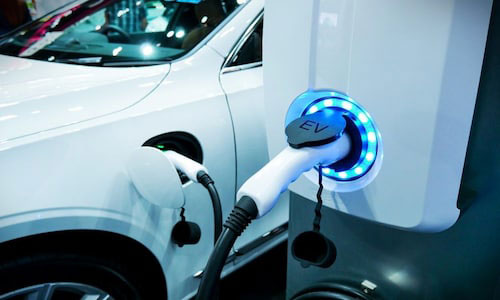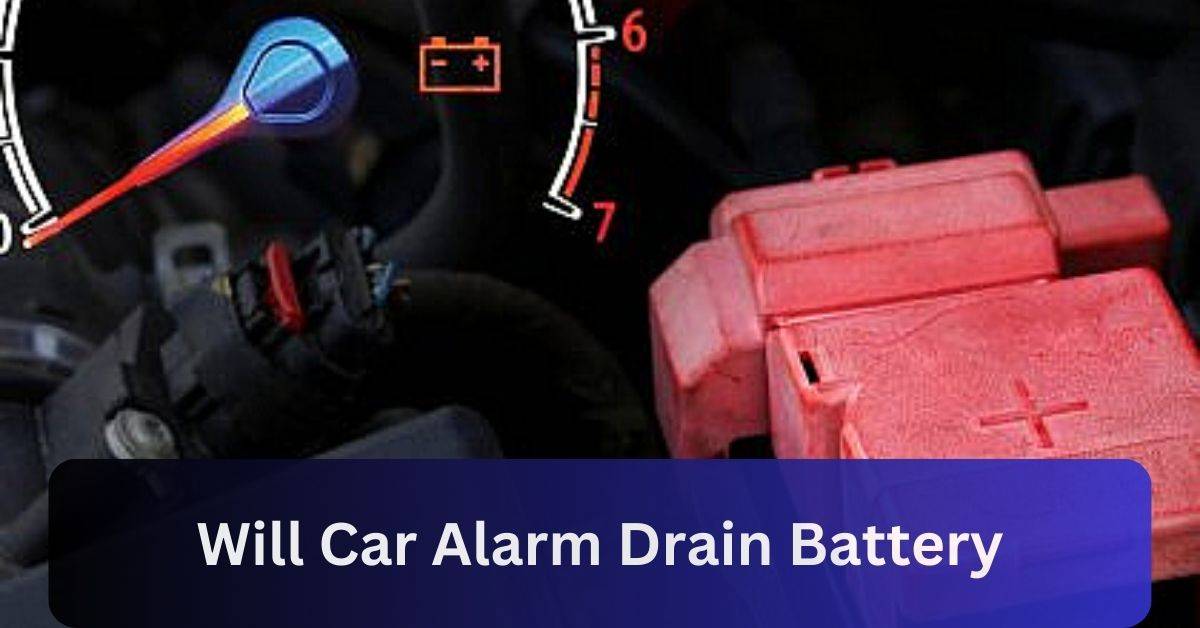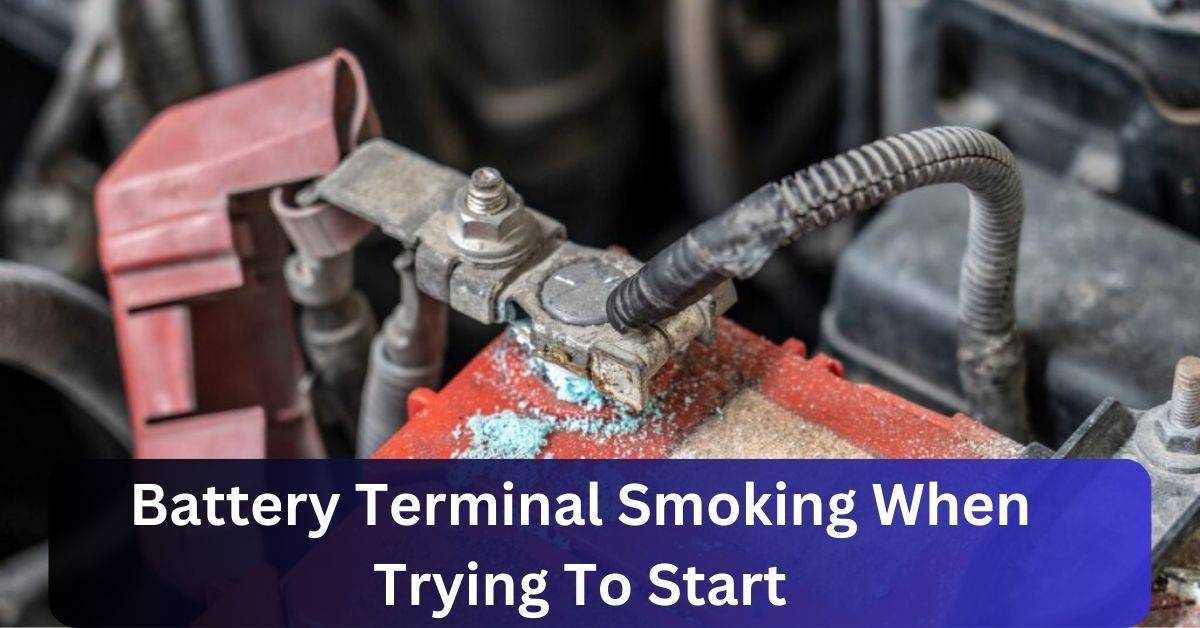DC fast charging can impact battery health, capacity, or long-term vesicles over time due to increased heat and rapid charging rates. Among these technological advancements is DC fast charging, a feature that allows EV drivers to quickly recharge their batteries on the go.
In this article, we’ll explore how DC fast charging affects your EV battery and what modern technology does to mitigate any potential damage.
We’ll also share tips on best practices to keep your battery healthy while enjoying the convenience of quick charging.
What is Fast Charging?
Fast charging refers to a method that rapidly recharges an electric vehicle’s battery using high-voltage direct current (DC).

Unlike standard chargers, which provide a slower, steady charge, fast chargers deliver a powerful burst of electricity, significantly reducing the time needed to recharge.
This convenient technology allows drivers to quickly boost their battery and get back on the road.
The Impact of Fast Charging on Electric Car Batteries
Heat Generation:
Fast charging produces more heat compared to standard charging methods. The increased heat can cause the battery to age faster if not managed properly.
Modern EVs have advanced cooling systems designed to dissipate this heat, reducing potential long-term damage.
Battery Degradation:
The rapid flow of electricity during fast charging can strain the battery cells, potentially leading to quicker degradation over time.
Battery management systems in newer EVs help mitigate this by controlling the charge rate and temperature, thereby protecting the battery’s health.
Technology Improvements:
Advancements in battery technology and thermal management have significantly improved the resilience of EV batteries to fast charging. These innovations help ensure that even with frequent fast charging, the impact on battery life is minimized.
Best Practices:
To optimize battery health, it’s advisable to use fast charging sparingly and balance it with regular charging. Avoid charging to 100% regularly and try to charge at moderate rates when possible to extend the battery’s overall lifespan.
Read Also: Is Magsafe Bad For Battery – Unveiling the Truth In 2024!
Is EV Battery Age a Factor Here?
Yes, the age of an EV battery significantly affects its performance and resilience to fast charging. As batteries age, their capacity and efficiency decline, making them more sensitive to stress from rapid charging.

Older batteries may experience faster wear when subjected to frequent fast charging, but proper maintenance and balanced charging practices can help extend their lifespan.
So, Should You Fast Charge Without Concern?
Using DC fast charging occasionally is generally safe for your EV battery, thanks to modern technology that manages heat and charging rates.
While frequent fast charging can contribute to battery wear over time, following best practices like balancing it with standard charging and avoiding extreme temperatures can help maintain battery health. So, fast charge when needed, but be mindful of your battery’s overall care.
Fast Charging Best Practices
To ensure your EV battery remains healthy while using fast charging, follow these best practices:
Avoid Frequent Fast Charging:
Use fast charging only when necessary. Rely on regular charging for daily use to reduce battery stress and prolong its lifespan.
Charge at Moderate Rates:
When possible, choose moderate charging speeds. This balances convenience with battery care and helps reduce wear on the battery over time.
Avoid Extreme Temperatures:
Charge your EV in moderate temperatures to prevent overheating or freezing, which can impact battery performance and longevity.
Utilize Scheduled Charging:
Take advantage of your EV’s scheduled charging feature to charge during off-peak times or when temperatures are cooler, helping maintain battery health.
Does DC Charging Damage Battery?
DC charging can impact an EV battery due to rapid power delivery and increased heat.

Modern electric vehicles are equipped with cooling systems and battery management technology to handle DC fast charging safely.
Frequent use may lead to faster battery wear, but occasional DC charging is generally safe when balanced with regular charging practices.
What is the Disadvantage of DC Charging?
- Increased Battery Wear: DC charging can accelerate battery wear due to rapid power delivery and higher heat generation.
- Heat Generation: The quick charging process produces more heat, which can strain the battery if not properly managed.
- Cost: DC fast chargers are more expensive to maintain compared to standard chargers.
- Infrastructure Limitations: Not all locations have DC fast chargers, which may limit accessibility.
- Battery Efficiency: Frequent use of DC charging can reduce the overall efficiency and lifespan of the battery.
Read Also: How Many Watts Are In A Car Battery – Maintenance Tips!
Debunking DC Fast Charging Myths
Myth 1: Fast Charging Always Damages the Battery
Fact: Modern EVs are designed to handle fast charging with advanced cooling and battery management systems, minimizing potential damage.
Myth 2: Fast Charging is the Same as Overcharging
Fast charging involves high current but is carefully controlled by the vehicle’s systems to prevent overcharging and ensure safety.
Myth 3: Fast Charging Will Void Your Battery Warranty
Most EV manufacturers’ warranties cover the use of fast chargers. Always check your vehicle’s warranty terms for specific details.
Myth 4: Fast Charging is Bad for Battery Health Long-Term
Occasional use of DC fast charging is generally safe. Modern technology and balanced charging practices help maintain battery health.
Myth 5: Fast Charging Can Only be Used for Long Trips
Fast charging is convenient for both long trips and daily use, though balancing it with regular charging practices is ideal for battery longevity.
Charge at Moderate Rates:
Charging your EV at moderate rates helps protect the battery from excessive wear. Unlike rapid DC fast charging, moderate charging uses lower power levels, reducing heat and stress on the battery.

This balanced approach helps extend the battery’s lifespan and maintains its efficiency. Whenever possible, use standard chargers or moderate charging options to keep your battery in optimal condition.
Frequently Asked Questions:
1. How often can I use DC fast charging without damaging my battery?
Occasional use of DC fast charging is generally safe. Regular use should be balanced with standard charging practices to ensure battery health.
2. Will use DC fast charging void my EV’s warranty?
Most manufacturers’ warranties cover the use of fast chargers, but check your vehicle’s specific warranty terms for confirmation.
3. How can I reduce the effects of fast charging on my battery?
Follow best practices such as avoiding frequent fast charging, charging at moderate rates, and using scheduled charging to manage battery health.
4. Can extreme temperatures affect fast charging?
Yes, extreme temperatures can negatively impact battery performance during fast charging. Charging in moderate conditions is preferable.
5. Are there any long-term effects of fast charging on battery life?
While fast charging can contribute to battery wear, modern advancements have minimized these effects. Regular maintenance and balanced charging can help prolong battery life.
Conclusion:
DC fast charging, when used occasionally, is generally safe for your EV battery due to advanced cooling and management systems.
To maintain battery health, balance fast charging with standard methods, avoid extreme temperatures, and follow best practices. This approach ensures your battery’s longevity and optimal performance.





